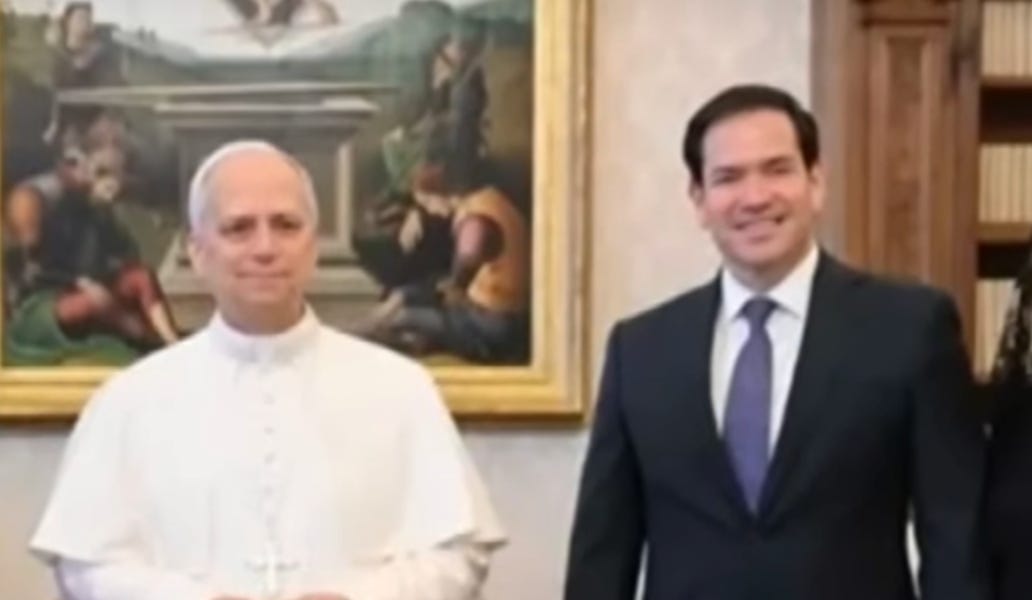WASHINGTON — Secretary of State Marco Rubio says the Trump administration is “committed” to ending the years-long backlog for green cards sought by priests, nuns and other foreign-born religious workers — a delay he blames on competition within the same visa category from other migrant groups.
MIGRANT INSIDER is sponsored by
In an Aug. 7 interview on EWTN News, the Trump administration is working on a “standalone process” for religious workers in the employment-based fourth preference (EB-4) category, separate from other applicants such as minors in the Special Immigrant Juvenile program.
The EB-4 backlog ballooned after Congress added juveniles to the category in 2023, extending green card wait times to more than five years. Religious workers typically come to the United States on temporary R-1 visas, which expire after five years. The delay means many must leave the country before their green card applications are processed, disrupting ministries and forcing congregations to seek replacements.
“We don’t want to read headlines that some Catholic church had to close because it couldn’t get their priests here or some order closed because some nun couldn’t get here,” Rubio said. “We know it’s an issue and we’re committed to fixing it.”
Rubio did not outline specifics or a timeline for creating the “freeway” — a dedicated lane within the EB-4 category that would remove religious workers from competing with other applicants.
Meanwhile, Sens. Susan Collins, R-Maine, and Tim Kaine, D-Va., have introduced the Religious Workforce Protection Act, which would keep clergy in the United States during the backlog but would not speed up green card processing.
The bill would amend the Immigration and Nationality Act to allow R-1 holders with pending EB-4 applications to remain beyond the current five-year cap, permit them to change employers without jeopardizing their applications, and waive the one-year foreign residency requirement for those who have already been forced to leave.
The U.S. Conference of Catholic Bishops has urged Congress to pass the measure, calling it “desperately needed” to preserve the contributions of foreign-born religious leaders. Archbishop Timothy Broglio, USCCB president, said the bill would “ensure communities across our nation can continue to enjoy the essential contributions” of these workers.
MIGRANT INSIDER is sponsored by:

If enacted, the Collins–Kaine bill would provide immediate relief to churches and faith-based organizations facing staffing gaps caused by the backlog. But unlike Rubio’s proposed “standalone process,” the measure does not change EB-4 quotas or the underlying competition for visas. Wait times would remain, and the number of green cards available to religious workers would still be limited by law.
The bill has been referred to the Senate Judiciary Committee and faces an uncertain path to passage. For now, Rubio’s promised structural fix exists only as an administration concept without legislative text. That leaves the religious community looking at two very different potential outcomes: one that tackles the backlog at its source, and another that manages — but does not eliminate — the wait.
If you’ve made it this far, you care. Help us keep pressing the powerful and exposing what they’d rather you never see—subscribe or donate to keep Migrant Insider going.
